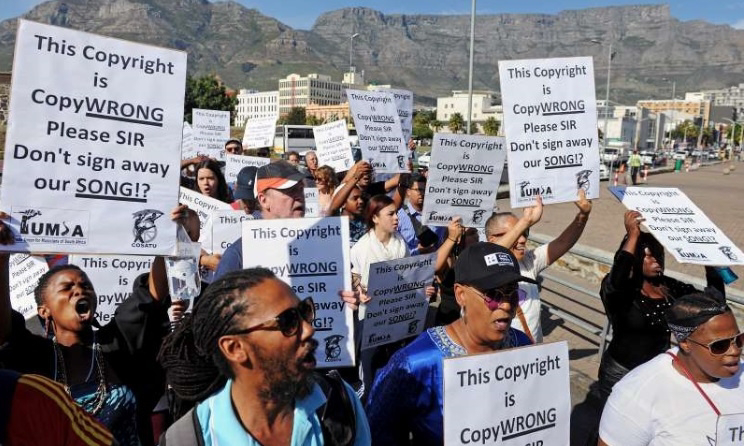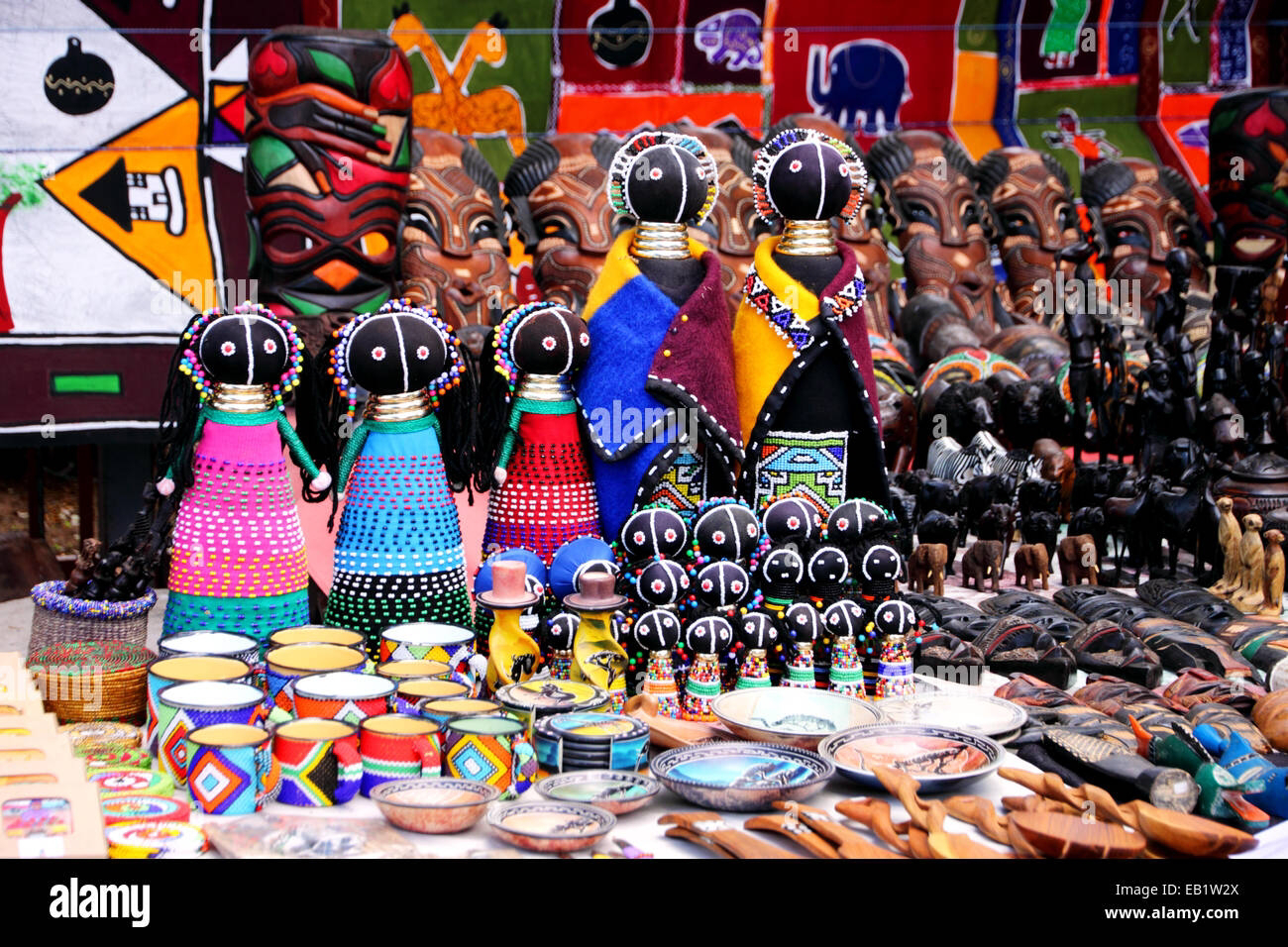Understanding The Debate: Proposed Reforms to South African Copyright Amendment Bill
Introduction
In the dynamic landscape of the South African entertainment industry, the proposed amendments to the Copyright Amendment Bill have emerged as a topic of substantial discussion and debate. As stakeholders strive to strike a balance between promoting creative expression and protecting intellectual property, the call for reforms within the industry is growing louder. This article delves into the key reforms that the South African entertainment sector is urging the government to consider in relation to the Copyright Amendment Bill.
The Copyright Amendment Bill Debate
The Copyright Amendment Bill, introduced as an effort to modernize and harmonize South Africa's copyright laws with contemporary global standards, has been met with both anticipation and apprehension. While it aims to enhance the rights of creators and foster innovation, some industry players believe certain aspects require further attention to ensure an equitable environment for all stakeholders. They argue that the proposed Bill in it's current form will not bring about an equitable environment but will rather encroach on creator's revenues and negatively affect the South African entertainment industry in general.
Balancing Fair Use and Rights Holders' Interests
One of the focal points of the proposed reforms revolves around the concept of "fair use." This provision permits the use of copyrighted material without obtaining explicit permission from rights holders under specific circumstances. While this aims to promote creativity and facilitate transformative works, critics argue that an overly broad interpretation of fair use could potentially compromise creators' income streams and disincentivize original content production. The industry is calling for a clearer delineation of what constitutes fair use to safeguard the interests of both creators and rights holders.
Protecting Performers' Rights
Within the entertainment sector, performers play a pivotal role, yet their rights have often been overshadowed by those of copyright holders. The proposed reforms are seeking to rectify this imbalance by granting performers greater control over the use of their works. The call is for provisions that ensure equitable compensation for performers, especially in the digital realm where exploitation of their work is more challenging to monitor and regulate.
Digital Distribution and Licensing Challenges
The rise of digital platforms and online streaming services has revolutionized how content is distributed and consumed. However, this shift has also brought forth new challenges, particularly in terms of licensing and revenue distribution. Stakeholders are advocating for reforms that establish transparent guidelines for digital licensing agreements, ensuring that creators receive their fair share of earnings from digital platforms.
Safeguarding Against Piracy and Unauthorized Use
Piracy remains a significant concern in the South African entertainment industry, hindering the growth of legitimate content distribution. The proposed reforms are emphasizing the need for stronger anti-piracy measures and enforcement mechanisms. The industry is urging the government to ensure that the amendments provide sufficient tools to combat piracy effectively, thereby fostering a more sustainable creative ecosystem.
Conclusion
As South Africa's entertainment industry continues to evolve, the proposed reforms to the Copyright Amendment Bill hold the potential to reshape the landscape for creators, rights holders, and consumers alike. Striking the right balance between promoting creativity and protecting intellectual property remains the primary objective. The ongoing dialogue between government officials, industry stakeholders, and legal experts underscores the importance of collaborative efforts to draft amendments that address the sector's concerns while fostering a thriving and equitable creative environment.



Comments
Post a Comment